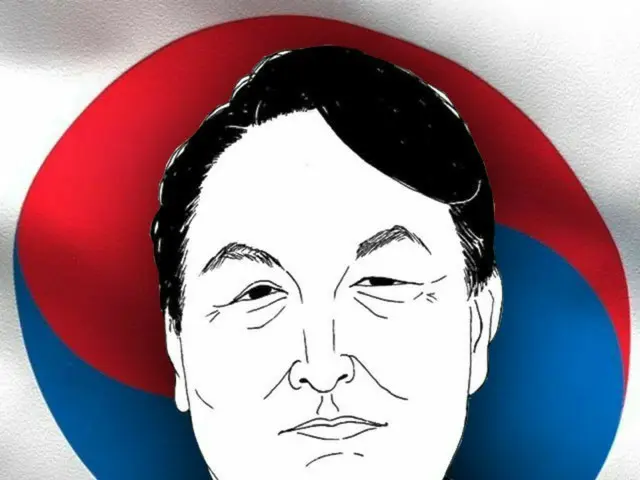According to the presidential office and the prime minister's office, President Yoon Seok-yeol said on the 19th that he was positively accepting the proposal by some national university presidents to increase the number of medical school staff.
Among the 32 universities that increased their medical school admission quotas this year, if requested, they will be able to offer new admissions for 2025 only, with 50 to 100 percent of the increased number of students.
As a result, the number of new students in the medical school quota for next academic year is expected to decrease from the initial 2,000.
The main reason why the government accepted the recommendation was that the medical community had pointed out that
It is analyzed that the disruption to education has become a reality. If the current students who took a collective leave of absence in protest against the increase in the medical school's enrollment quota end up repeating the year, the number of new students next year will exceed the capacity of the school.
Prime Minister Han Deok-soo said at a press conference the day before, "There is only a short time left until the 2025 entrance exams, so we must minimize the anxiety of students and their parents.
"We took into consideration the urgent need to normalize the operation of medical schools," he said. The Korean government has shown a willingness to listen to the voices of the medical community, but has made it possible to adjust admission quotas for next year only.
This represents a compromise that the government will stick to its plan to increase the number of staff by 2,000. In particular, in response to the collective actions of the medical community, the Korean government has taken an overly heavy-handed stance and stuck to its plan to increase staff by 2,000.
The fact that there was widespread public opinion that a solution to the medical-political conflict had not been found is also seen as one of the main reasons why the government made conciliatory gestures toward the medical community.
The Korean government has also notified the Korean Medical Association and the Korean Council of Medical Specialists, who have not yet indicated their intention to participate in the "Special Committee on Medical Reform" to be launched next week.
A source in the presidential office said, "The government made the decision after looking at public opinion, and doctors have also looked at public opinion and expressed a positive response.
"I think that the response will be very positive," he explained. However, the medical community continues to show a lukewarm response.
However, the government has maintained its position that doctors should be able to return to the medical field, and the conflict between the medical and administrative authorities is expected to remain at a stalemate for the time being.
2024/04/21 07:05 KST
Copyrights(C) Edaily wowkorea.jp 107

